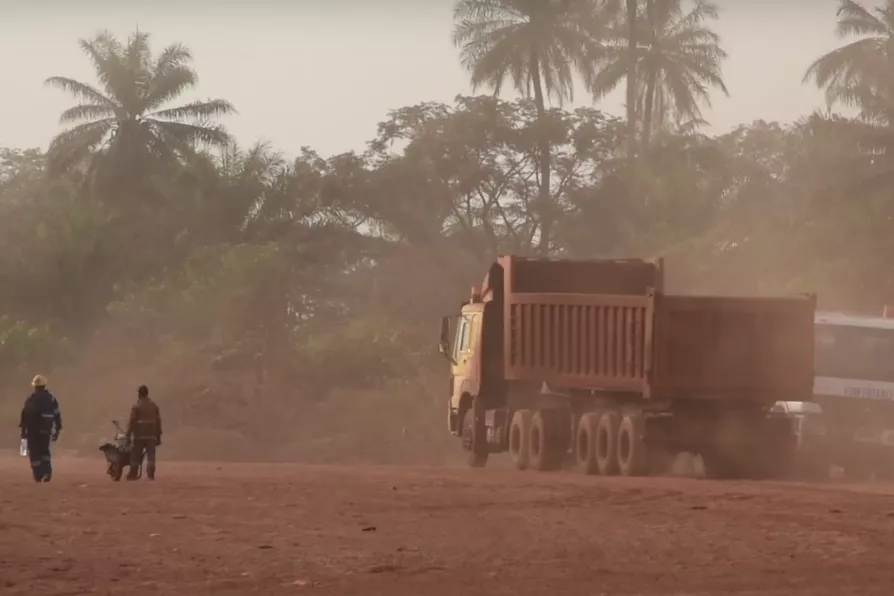The Carpathia isn’t coming to rescue this government still swimming in the mire, writes LINDA PENTZ GUNTER

 A still from a video by Human Rights Watch about bauxite mining in the Boke region in north-west Guinea
[Human Rights Watch]
A still from a video by Human Rights Watch about bauxite mining in the Boke region in north-west Guinea
[Human Rights Watch]
ON October 20 in Guinea, a protest organised by the National Front for the Defence of the Constitution took place. The protesters demanded the ruling military government, the National Committee of Reconciliation and Development (CNRD), release political detainees and sought to establish a framework for a return to civilian rule.
They were met with violence from the security forces, and in Guinea’s capital Conakry at least five people were injured and three died from gunshot wounds. The main violence was in Ratoma, one of the poorest areas in the city.
In September 2021, the CNRD, led by Colonel Mamady Doumbouya, overthrew the government of Alpha Conde, which had been in power for more than a decade and was steeped in corruption.

Far-right forces are rising across Latin America and the Caribbean, armed with a common agenda of anti-communism, the culture war, and neoliberal economics, writes VIJAY PRASHAD

PRABHAT PATNAIK details the epochal shift of political power from Western neocolonialists to the people











